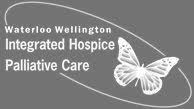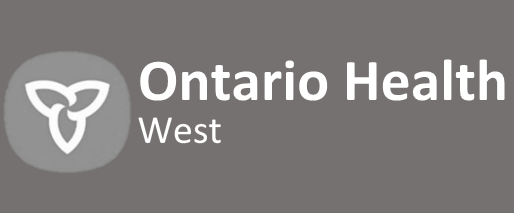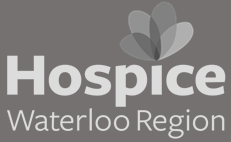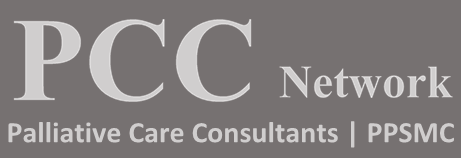Indigenous Cultural Competency
Improving foundational knowledge about Indigenous communities is not merely about acquiring information; it’s about fostering a deeper understanding and respect for the rich diversity, cultures, histories, and contemporary issues that shape these communities.
To embark on this journey of learning and appreciation, one must engage with a multiplicity of perspectives, recognize the complexities of Indigenous experiences, and actively seek out resources that are authored by Indigenous voices. By doing so, we can move beyond stereotypes and misconceptions, and instead, build bridges of empathy and solidarity.
There are different ways we can explore avenues through which we can enhance our foundational knowledge about Indigenous communities, honoring their resilience, wisdom, and contributions to our shared world.
Caring for Indigenous Older Adults in Waterloo
To take the course, sign up for a free account at Geriatric Essentials eLearning: https://geriatricessentialselearning.ca/
(Course time: 1 hour)
Indigenous Cultural Safety Training
To take this course, sign up for a free account at the Canadian Virtual Hospice Learning Hub:
https://learninghub.virtualhospice.ca/login/index.php
(Course time: 5 hours)
University of Alberta: Indigenous Canada
To take the course, sign up for a free account at the University of Alberta:
https://www.coursera.org/learn/indigenous-canada
(Course time: 21 hours)
Note: Course is free (or $66 if you wish to receive a Certificate of Completion)
Indigenous Educational Resources
https://www.wellbeingwr.ca/indigenous-educational-resources/
Southwestern Ontario Aboriginal Health Access Network
An Aboriginal health center that has an integrative wholistic approach of Indigenous teachings, western health practices and wellness services throughout Southern Ontario. https://www.soahac.on.ca/
In conclusion, embracing and integrating indigenous educational resources into our professional competencies represents a pivotal step towards fostering cultural inclusivity and equity in the care we provide.
By acknowledging and celebrating the diverse knowledge systems of Indigenous peoples, we not only enrich our experiences but also contribute to the preservation and revitalization of languages, traditions, and histories that are integral to our collective heritage.
This inclusive approach not only empowers Indigenous communities but also enriches the learning journey of all students, promoting a more inclusive and equitable society for generations to come.
Download Tip of the Month




